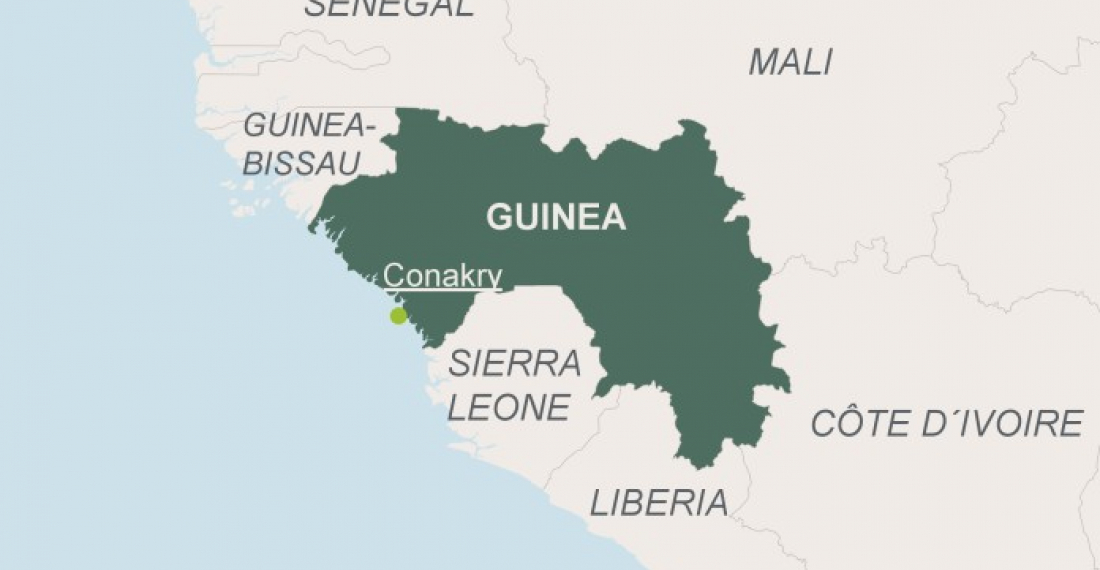When Guinea’s military junta took over power in September 2021 it promised a swift return to civilian rule. It now transpires it is looking at a much longer transition period. The Junta;s leader, Colonel Mamady Doumbouya announced on Saturday, 30 April that he had opted for a 39-month transition.
The announcement is unlikely to sit well with ECOWAS – Economic Community of West African States – which called for a rapid return to constitutional order last month, but also with key opposition political parties and Guinean civil society which are calling for a shorter deadline.
It is the first time that Guinean junta leader Doumbouya has proposed a timeline since he overthrew former president Alpha Conde in a coup in September 2021.
ECOWAS, considers the Guinean proposal unacceptable, opening the prospect of more sanctions against the current Guinean leadership.
Guinea's leaders and their families have already been subject to travel bans and asset freezes since last September's coup, but ECOWAS may toughen the tone with economic sanctions similar to those imposed on Mali, after their leader offered to stay in power until 2025.
These measures could damage the country's economy by cutting it off from regional trade and financial markets.
While Doumbouya said he would submit the plan to the National Transitional Council - an 80-member parliament formed by the junta - a coalition of opposition parties and civil society associations has already strongly condemned the proposal and boycotted the vote.
The newly united opposition to the junta is composed of the three main political formations of the country, including the party of former president Condé - which represents a total of 90% of the electorate, - has deemed "inadmissible, inconceivable and unacceptable" the timeline of the junta.
That said, the ability of the opposition political parties to mobilise the public against the current executive remains questionable. The junta has indeed built an image of integrity among the population, by accusing and charging nine senior officials of the Alpha Conde era (2010-2021) for fraud or corruption.
These actions are perceived as a political clean-up by the population, which has been expressing its weariness with corrupt former leaders for several years on social media.
On a visit to Senegal on Saturday 30 April, UN Secretary-General António Guterres called on the ruling military in Guinea, Burkina Faso, and Mali to hand over power to civilians as soon as possible.
Sources: CommonSpace.eu with Reuters (London), Le Monde (Paris), Al Jazeera (Doha), DW News (Bonn)
Picture: United Nations (UN) Secretary-General Antonio Guterres and Senegal's President Macky Sall hold a press conference during the UN chief's West Africa tour, in Dakar, on May 1, 2022 ; Twitter: @RFI_En







